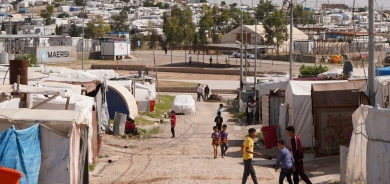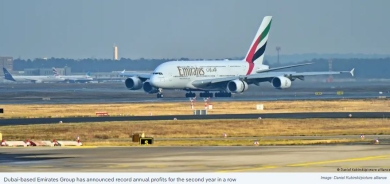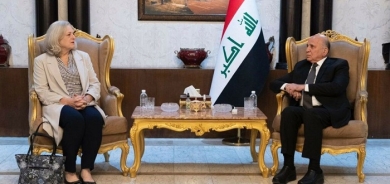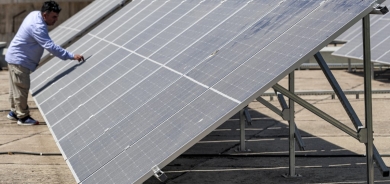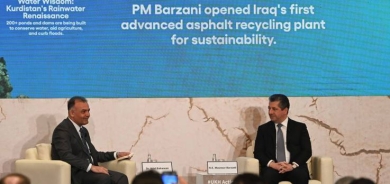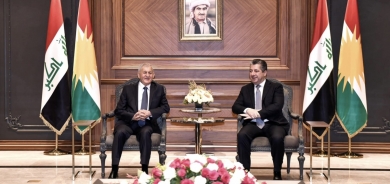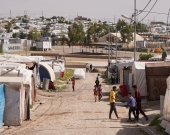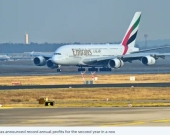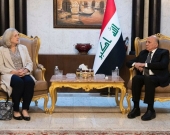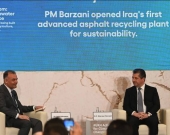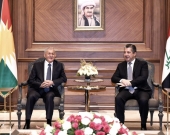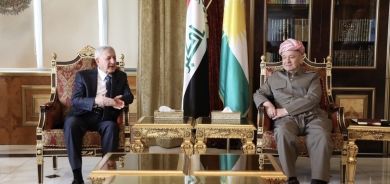US 'wasted' $206m on Iraq police training
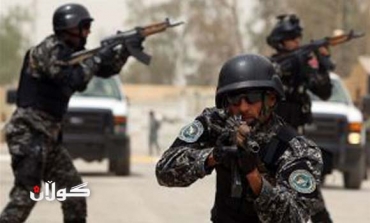
The US State Department constructed training and housing facilities at the Baghdad Police College Annex for an estimated $108m, while another $98m was used to construct the Basra consulate so it could be used for training, the Special Inspector General for Iraq Reconstruction (SIGIR) audit said.
But the State Department "decided to close the [Baghdad Police College Annex] facility, just months after the PDP [Police Development Programme] started, due to security costs and programme revisions", SIGIR said.
And the Basra consulate "will not be used because the [Iraqi interior ministry] decided to terminate training at that location", it added.
"This brings the total amount of de facto waste in the PDP - that is, funds not meaningfully used for the purpose of their appropriation - to about $206m."
Training 'not beneficial'
The scope of the PDP, which was originally conceived to be a five-year, multi-billion dollar programme, the State Department's largest worldwide, has been sharply downsized amid a lack of Iraqi support, SIGIR said.
The State Department "is wisely reducing the PDP’s scope and size in the face of weak ... support" from Iraq's interior ministry, it said.
It said that in July 2012, the number of in-country advisers was reduced to 36 - 18 in Baghdad and 18 in Arbil, down from the 85 advisers in January. Initially, 350 advisers were planned.
The audit also said that in May 2012, Iraq's senior deputy interior minister, Adnan al-Assadi, told SIGIR that the PDP was "useless" and that his ministry did not need the large numbers of PDP advisers present in the country.
"He also indicated that Iraqi police officers had expressed their opinion that the training received to date was not beneficial," SIGIR said.
"Along with Iraqi disinterest, security concerns also affected the programme. The embassy’s Regional Security Office deemed it unsafe for advisers to travel to Iraqi-controlled facilities in Baghdad on a frequent basis."
Source: AFP

